neom about the ruler and successor
Early life and education
Fahd bin Sultan was born in Riyadh on 20 October 1950.[2][3] He is the second eldest son of Sultan bin Abdulaziz.[2] He is the full brother of Khalid bin Sultan, Faisal bin Sultan and Turki bin Sultan. Their mother was Munira bint Abdulaziz bin Musaed Al Jiluwi, who died in Paris in August 2011 aged 80.[4][5] Munira bint Abdulaziz was the sister of Al Anoud, a spouse of King Fahd, and the cousin of King Khalid and Prince Muhammed.[1]
Fahd bin Sultan obtained a bachelor's degree in history from King Saud University in 1970.[6][7] He also received a master's degree in the United States.[8][9]
Career
Prince Fahd began his career at the ministry of labour and social affairs.[10] He first served as the director of research there from 1969 to 1970.[11] He later appointed the director general of social welfare again at the same ministry in 1970.[8] In November 1977, Fahd bin Sultan was appointed the deputy minister responsible for social welfare affairs in the ministry of labour and social affairs.[12] Then he was appointed deputy president of sport and welfare.[13]
He was appointed governor of Tabuk province in July 1987, replacing Mamdouh bin Abdulaziz. He has been the governor since then.[14][15][16]
Activities
In 2002, Fahd bin Sultan undertook the cost of extending power lines to al Assafiya village and paid the electric bills for 3 years.[17]
In 2003, he began to establish a college, Fahd bin Sultan College in Tabuk. The college was opened by late Sultan bin Abdulaziz.[18] It was approved by King Abdullah as university on 2 October 2011.[19]
In Tabuk, a private hospital was established with his name, Prince Fahd bin Sultan Hospital, in 1995. It features eleven outpatient clinics, emergency room, inpatient service, medical support services and other services.[20]
Controversy
In January 2014, Prince Fahd hunted 2100 endangered houbara bustards in Chagai, Balochistan, Pakistan.[21] He hunted for 21 days – from 11 January to 31 January 2014– and hunted 1,977 birds, while other members of his party hunted an additional 123 birds, bringing the total bustard toll to 2,100 (roughly 2% of remaining population). The houbara bustard is listed as an endangered species; hunting it is completely banned in Pakistan. In Pakistan hunting the houbara is only by special permit for visiting royalty. Such permits allow for a maximum total bag of 100 birds which must not be hunted in reserved areas. The Prince reportedly hunted extensively in reserved areas. The houbara is widely prized in Arabia as a quarry for falconers particularly because its meat is valued as an aphrodisiac.[22][23]
Visual Archive
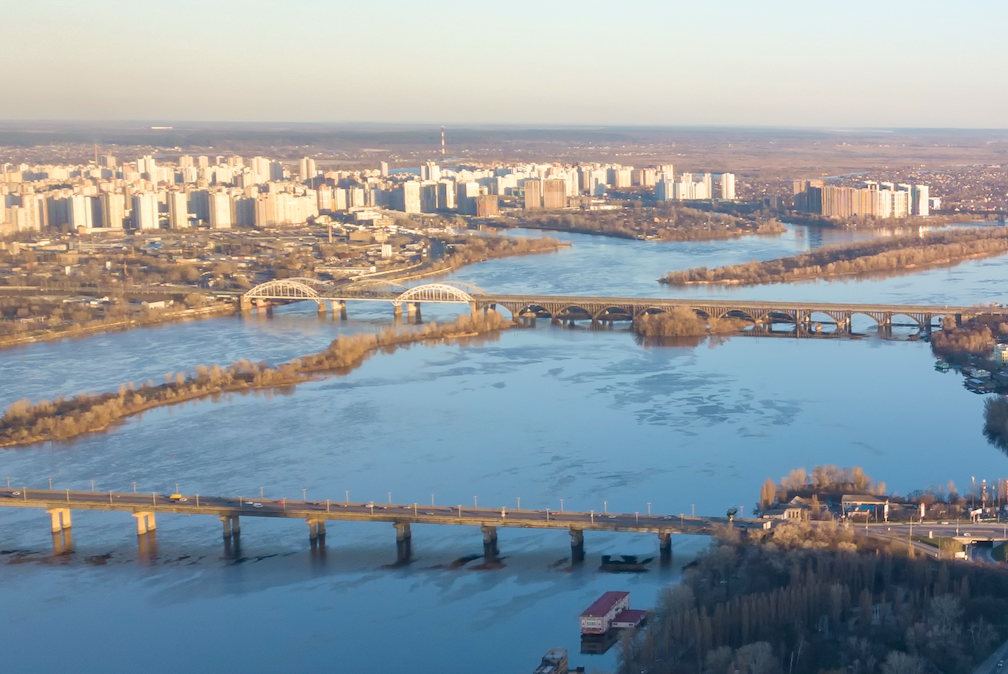
Saudi Arabia supports Egypt and Sudan in upholding legitimate water rights

A deal is finalized to establish the headquarters of IATA in Saudi Arabia

After reopening to visitors, Dubai at the forefront of global tourism recovery

The Nasdaq Dubai welcomes the listing of $750 million EDB bond
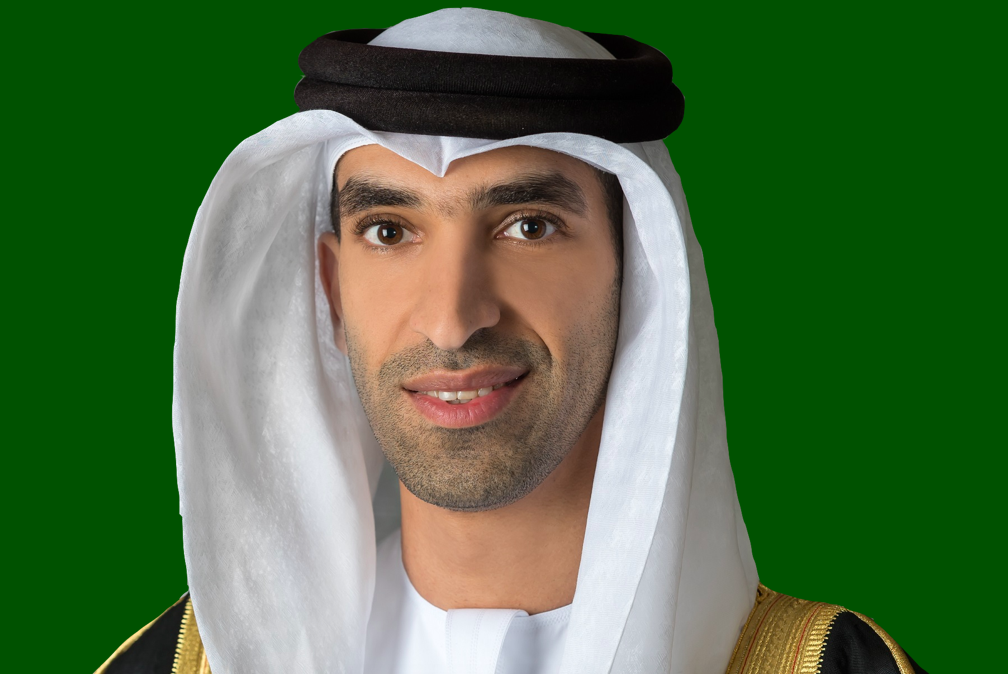
UAE and Montenegro will enhance economic and tourism partnership
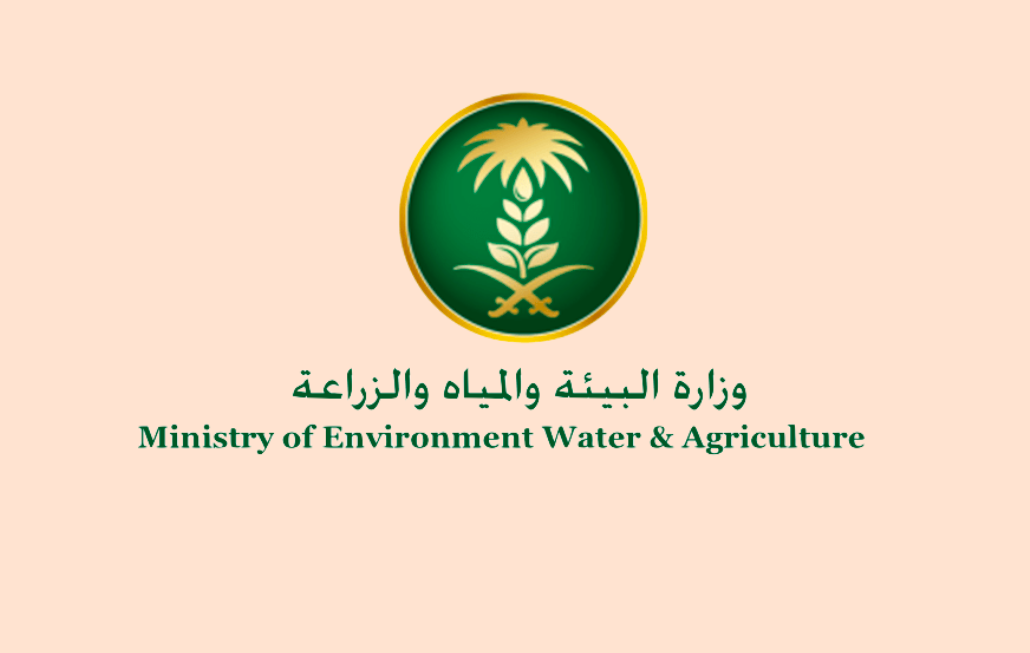
A new mechanism will prevent the import of fruits and vegetables from epidemic-stricken nations
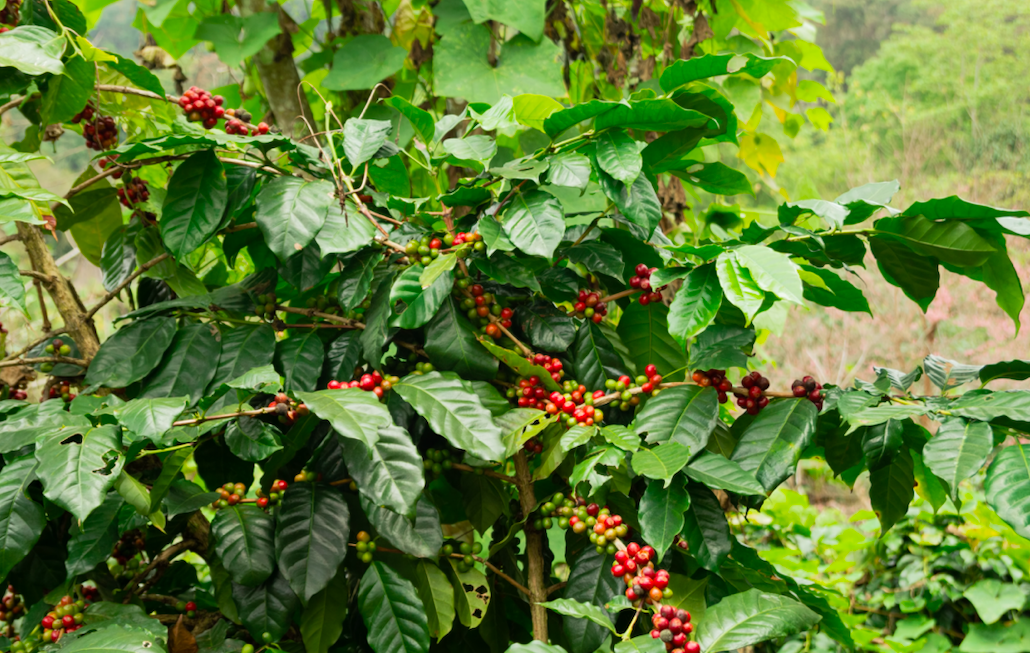
Planting 250,000 extra trees in three years signifies a quantum leap in coffee agriculture
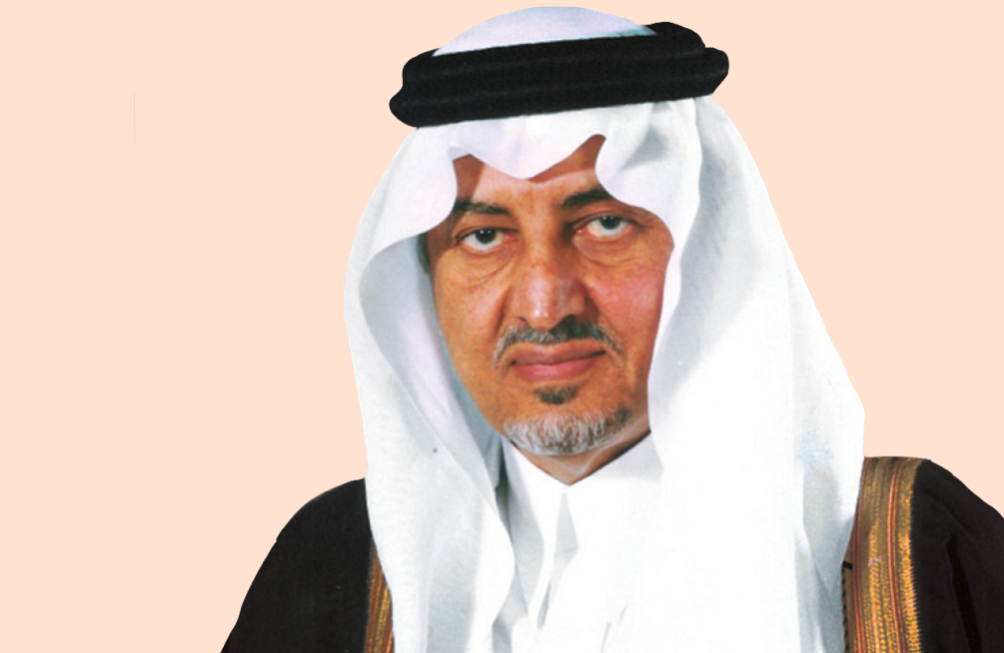
The meeting of the Central Hajj Committee is presided by Prince Khaled
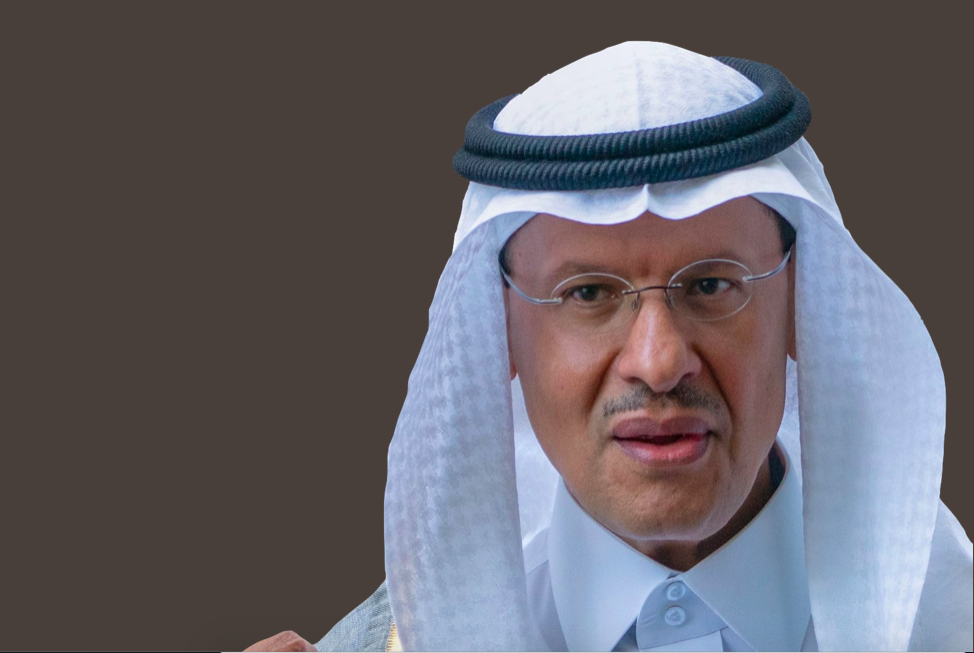
Saudi Arabia made the biggest sacrifices to strengthen the oil market: Energy Minister
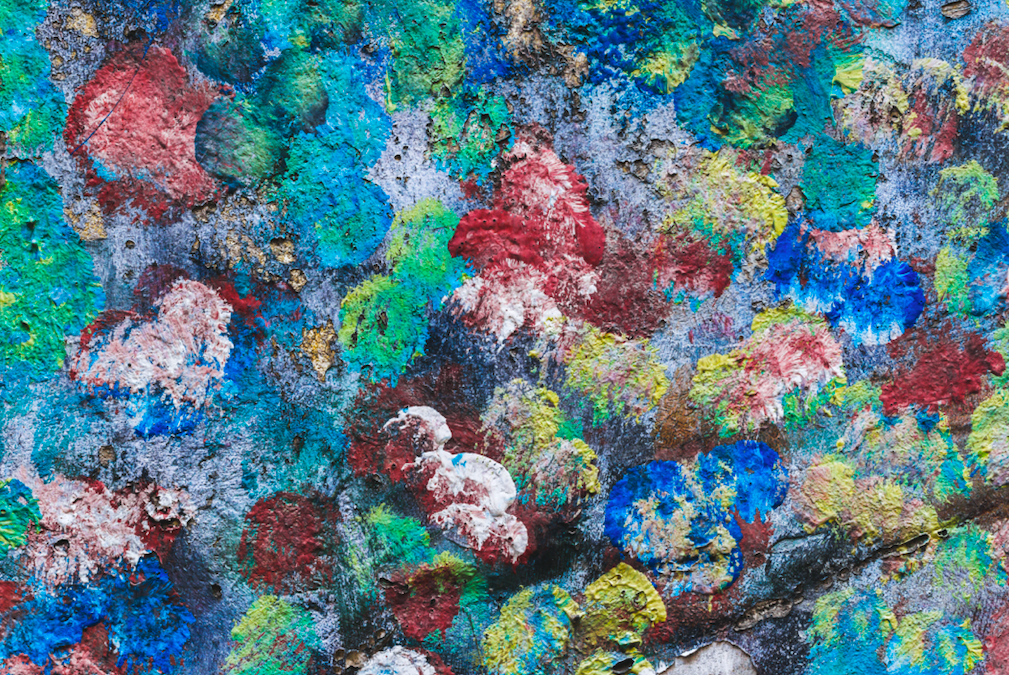
Pakistani artists unite to paint Karachi's walls to beautify the city
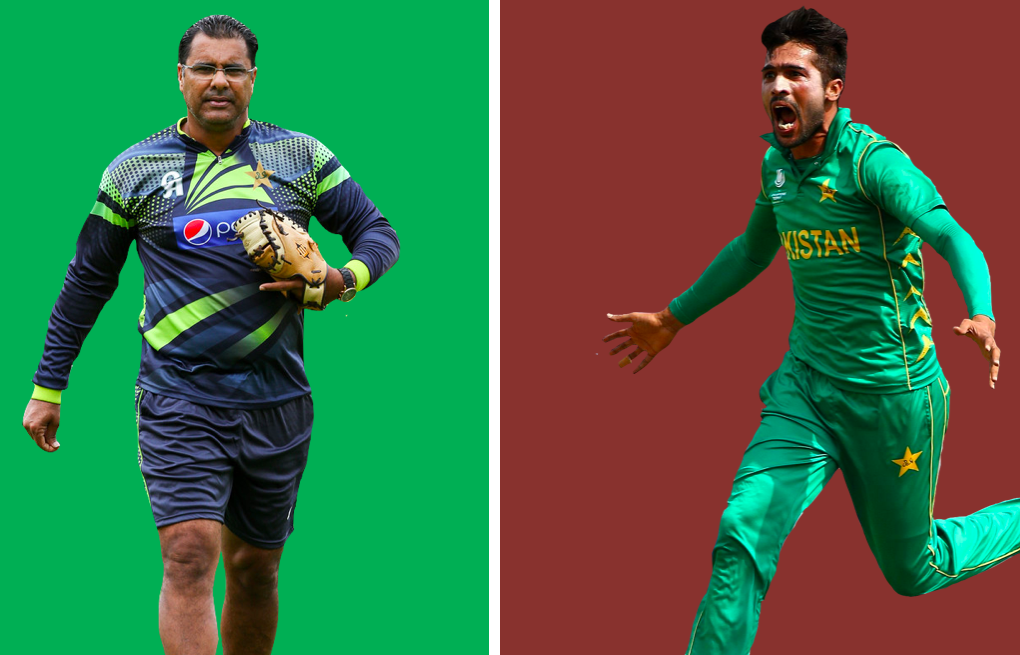
Amir needs home success to return to international competition: Younis

Masdar will construct a solar project worth $174m in Armenia

The region's first autonomous port truck system will be installed
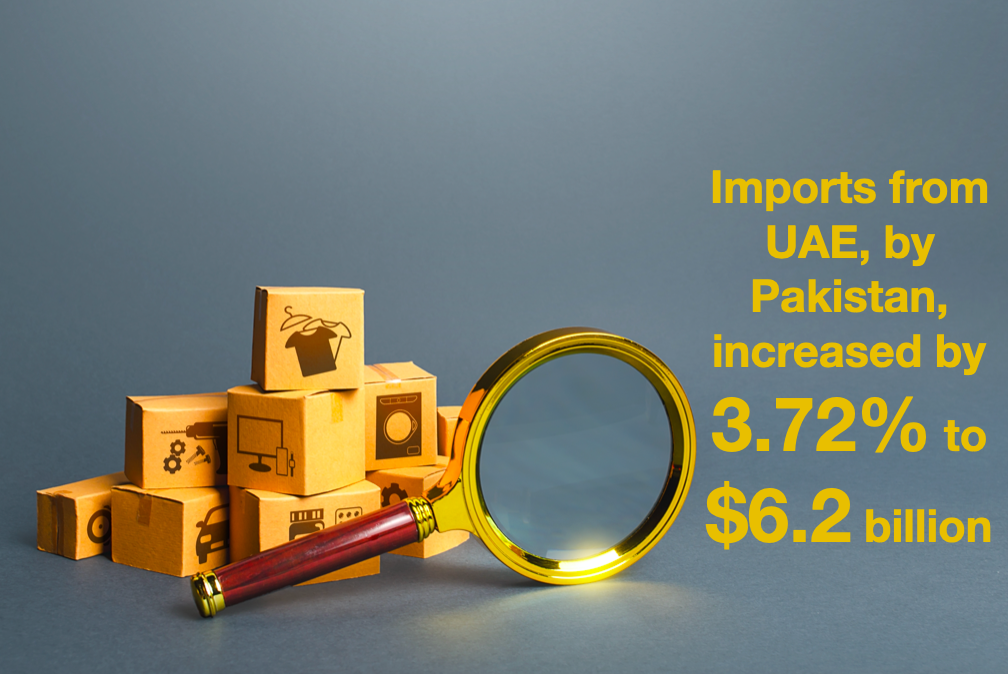
Imports from UAE, by Pakistan, increased by 3.72% to $6.2 billion
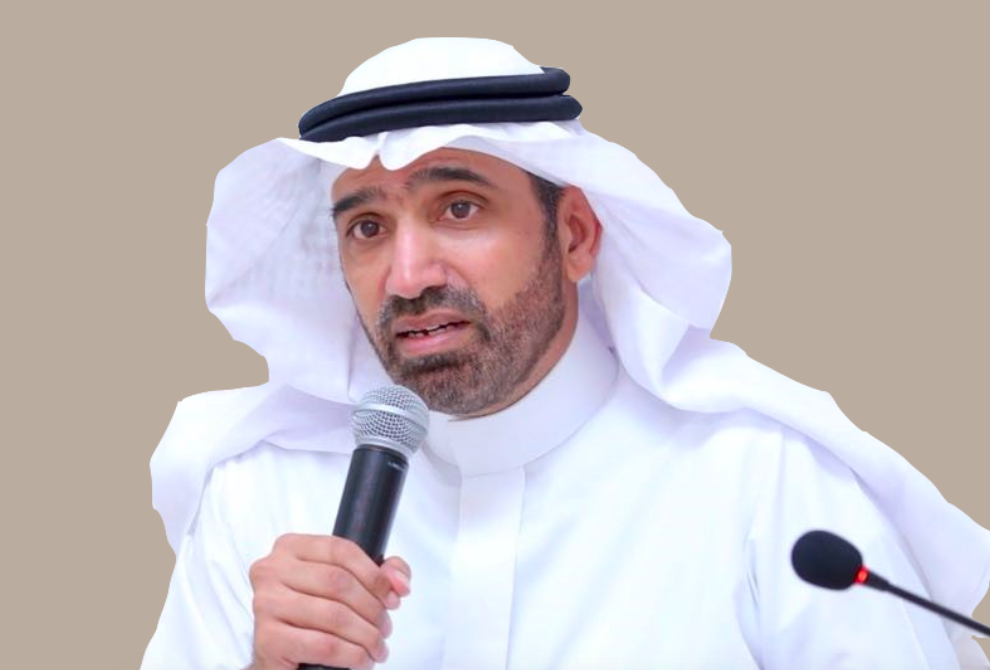
Women account for 35% of the 200,000 new labor-force entrants
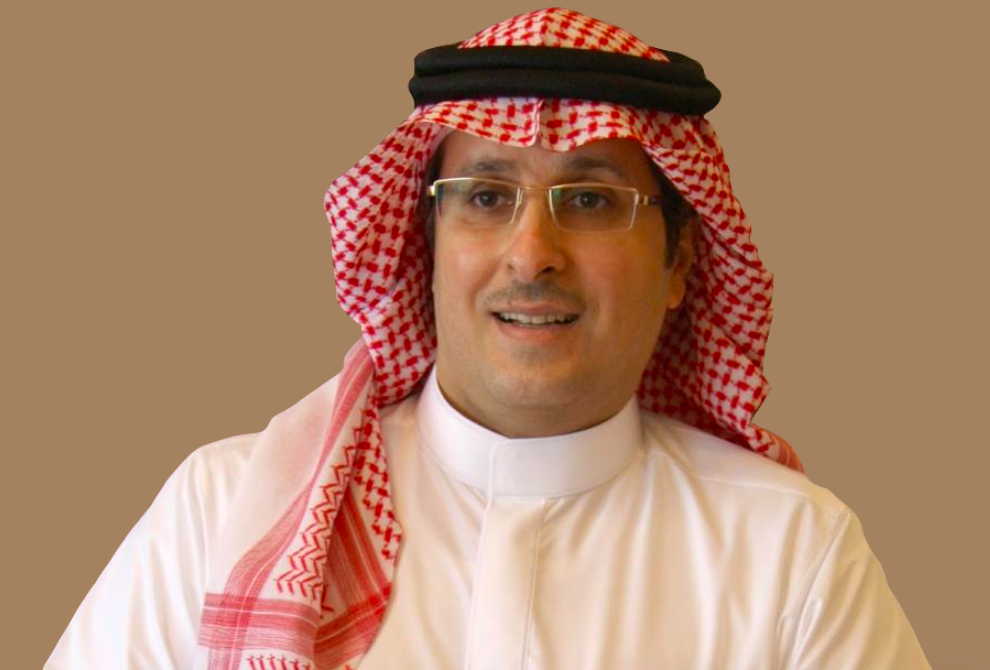
Two Saudis were appointed as members of the International Court of Commercial Arbitration

As the oil policy stalemate persists, OPEC+ abandons its meeting

To treat patients, Specialists in Jordan plans to use music therapy
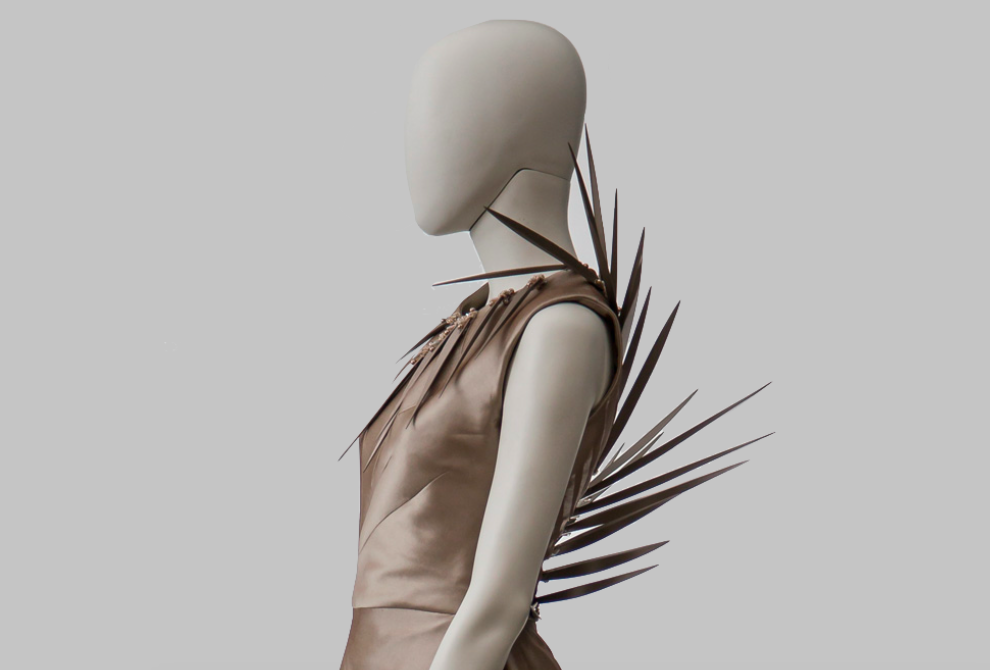
1971 – Design Space, Sharjah, conducts two exhibitions based on local issues

A new roadmap is developed to boost Dubai's position as a leader in the digital economy



 ENG
ENG
































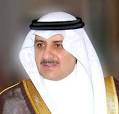








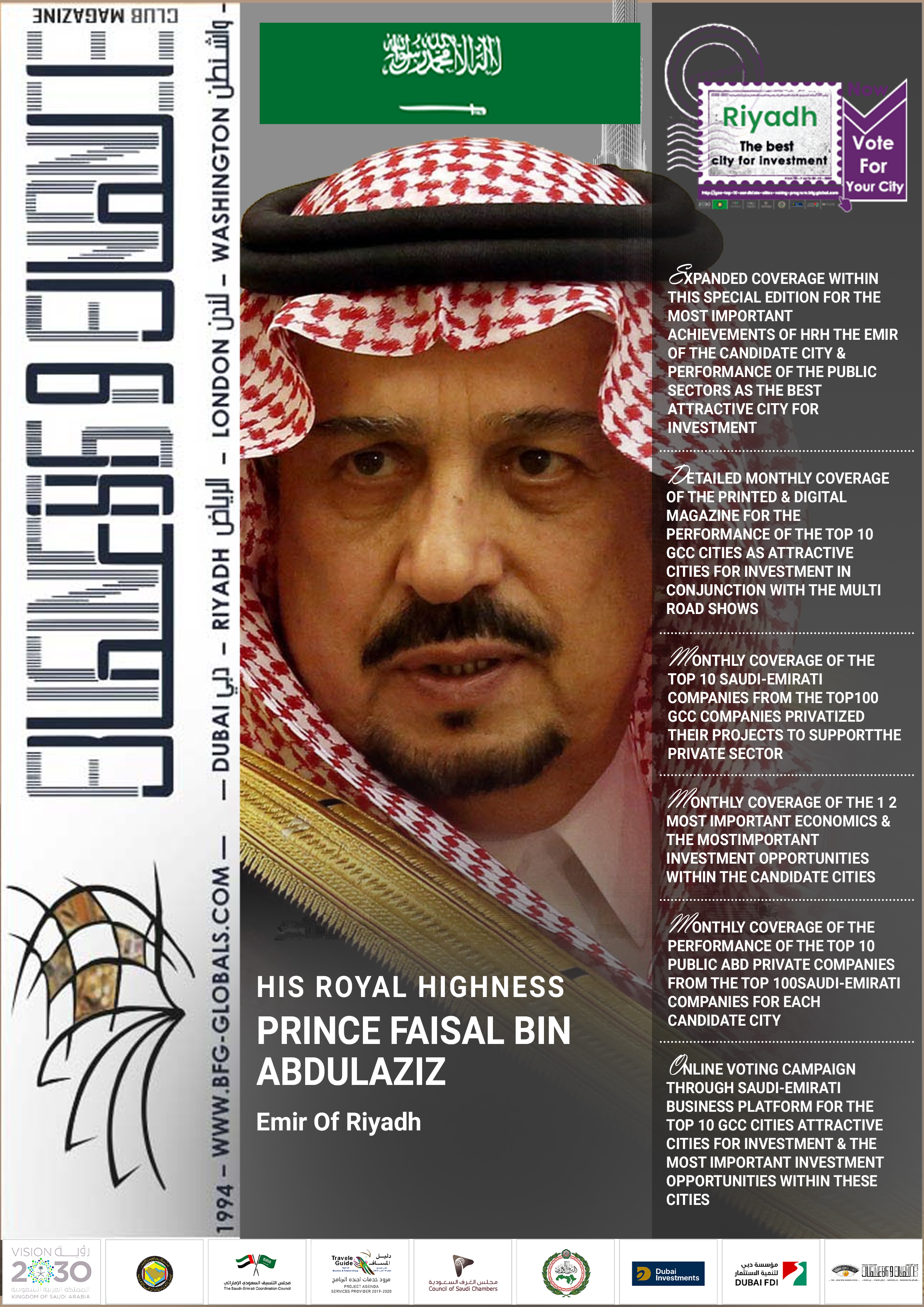
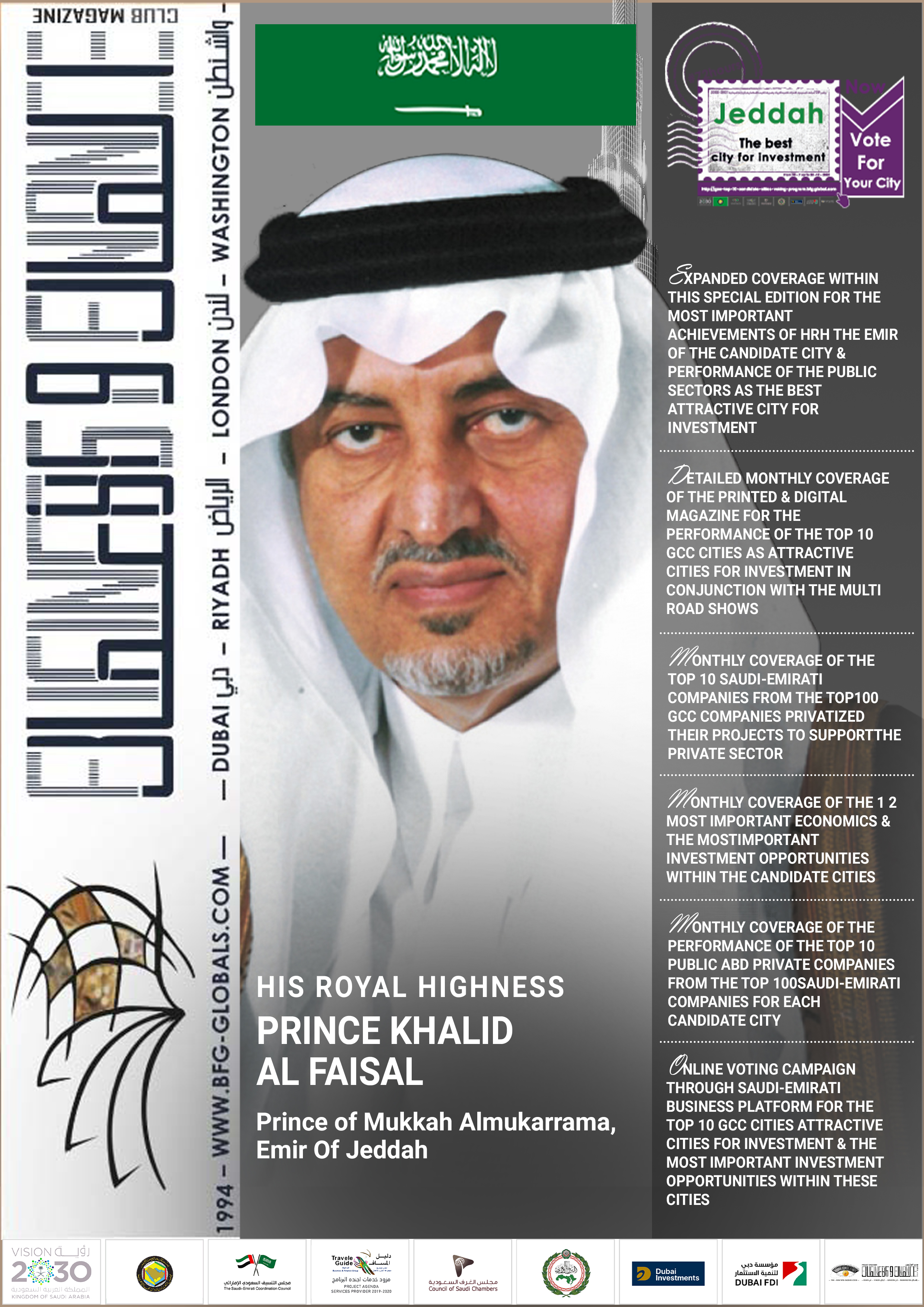
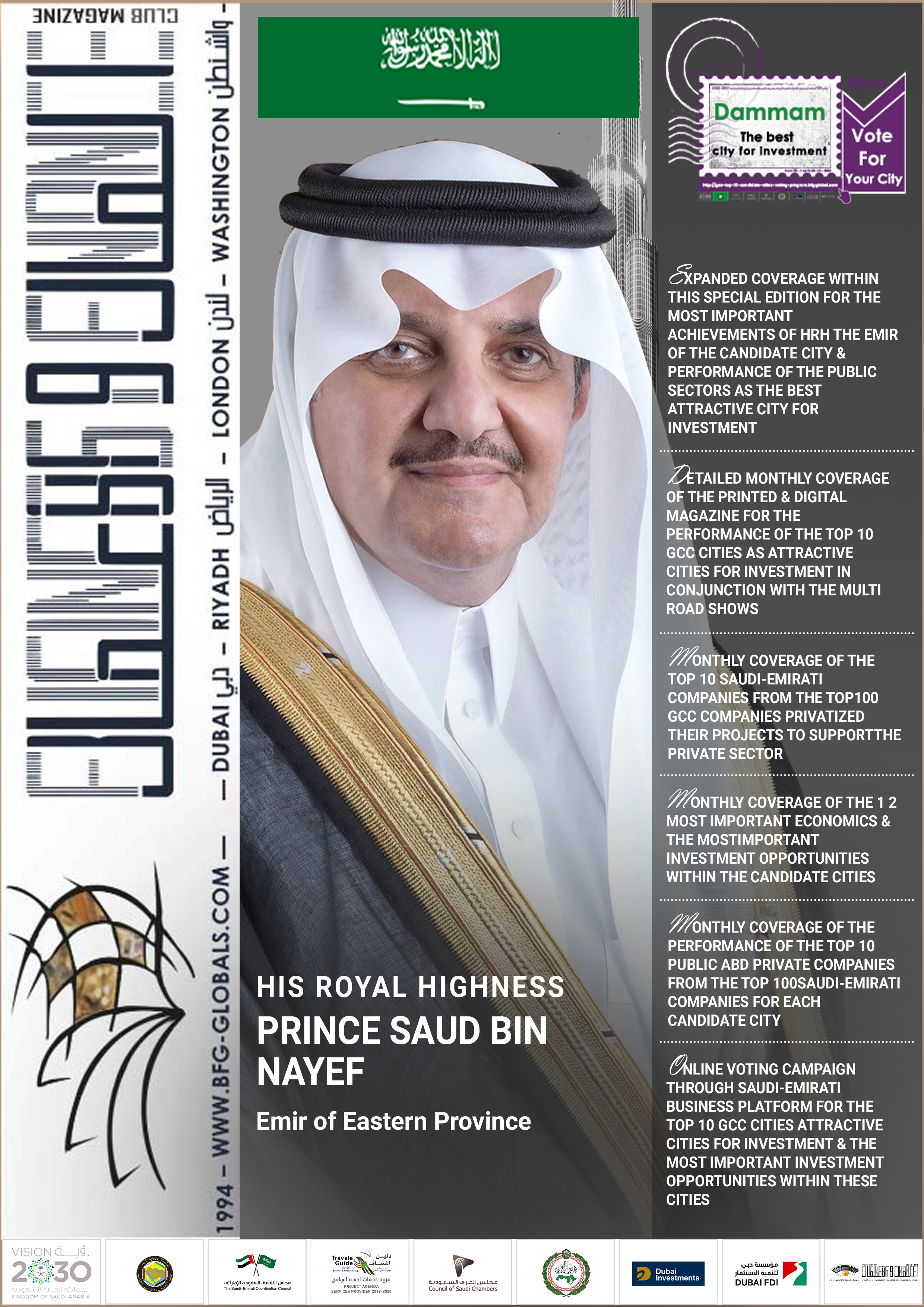
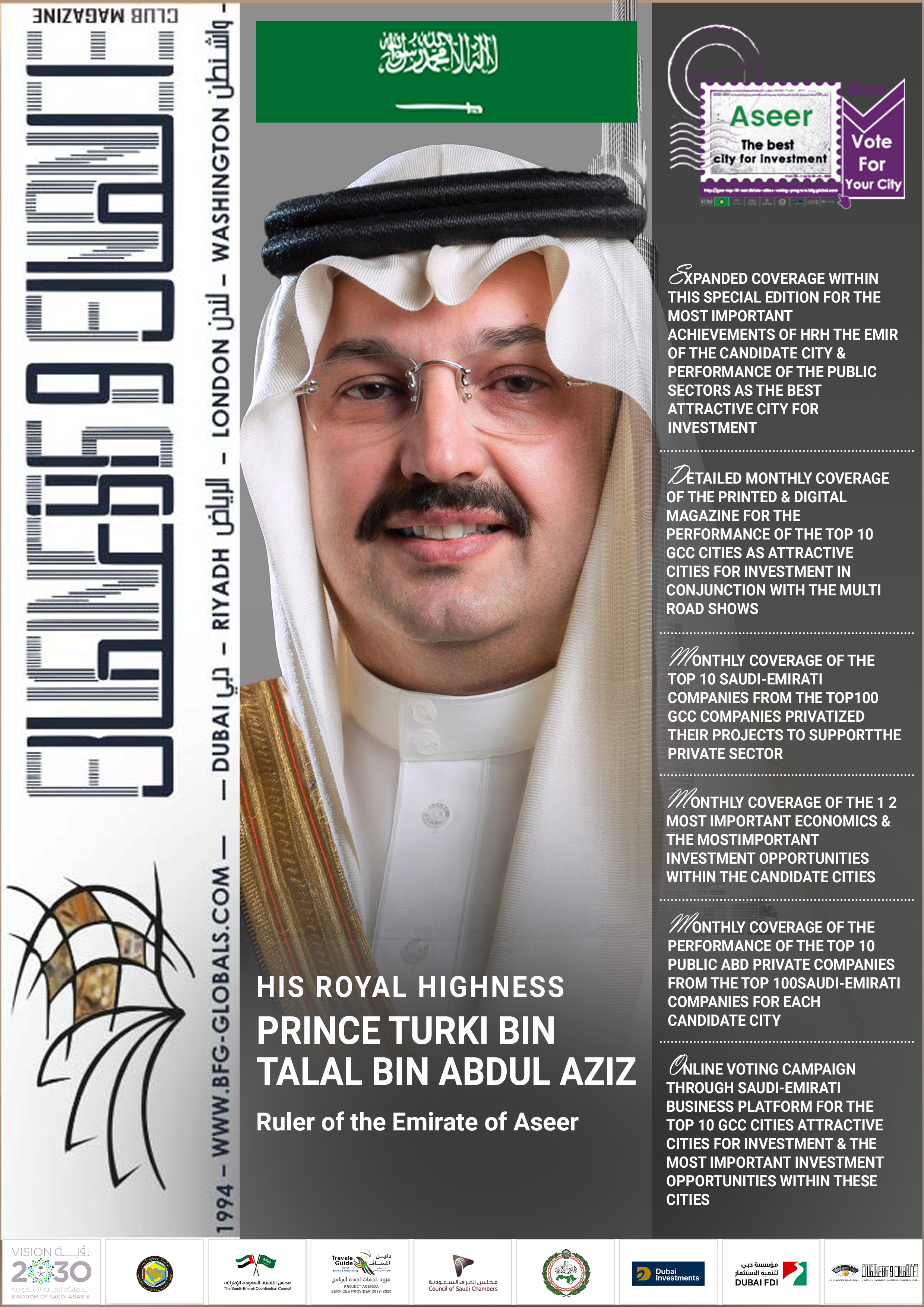
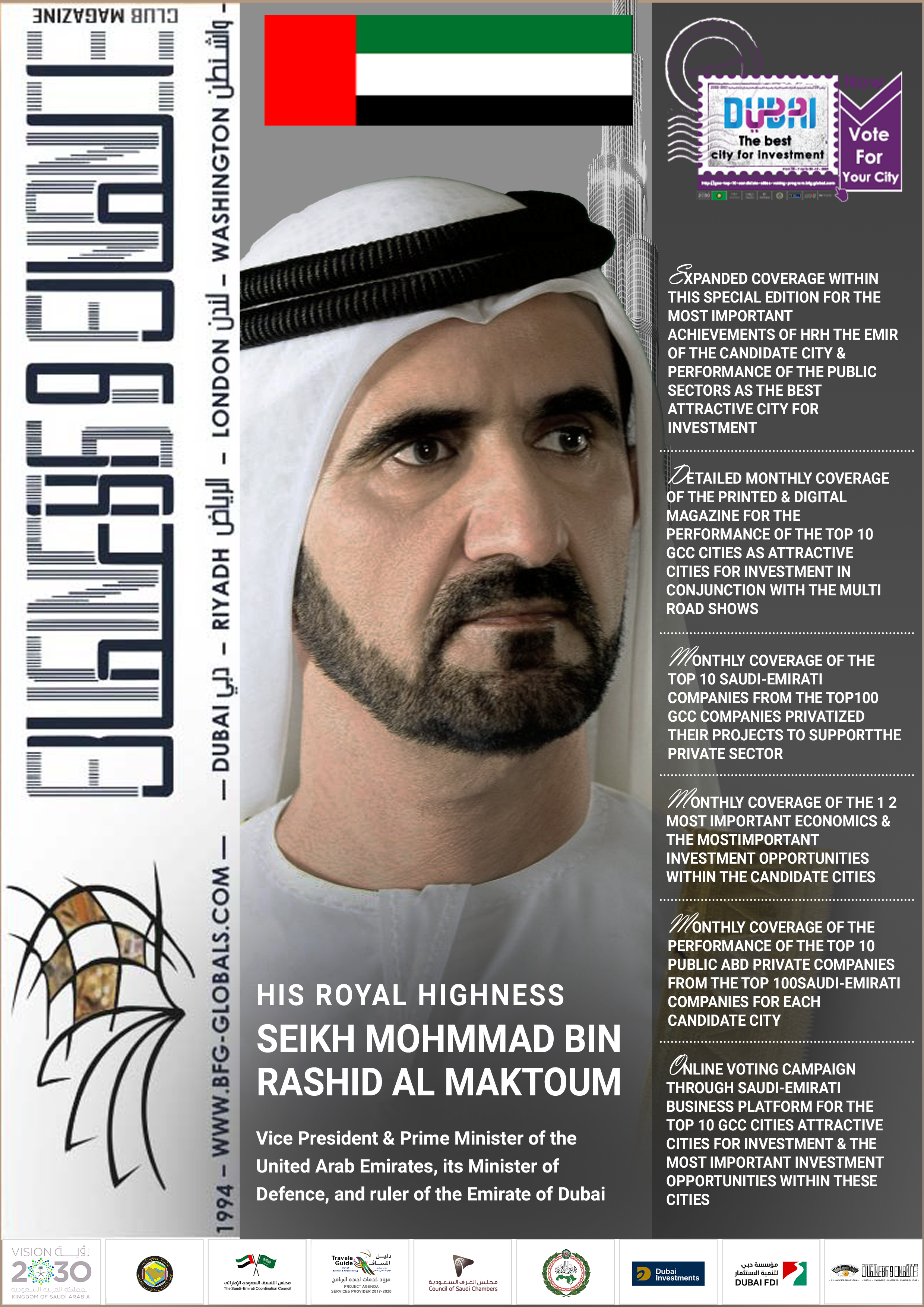
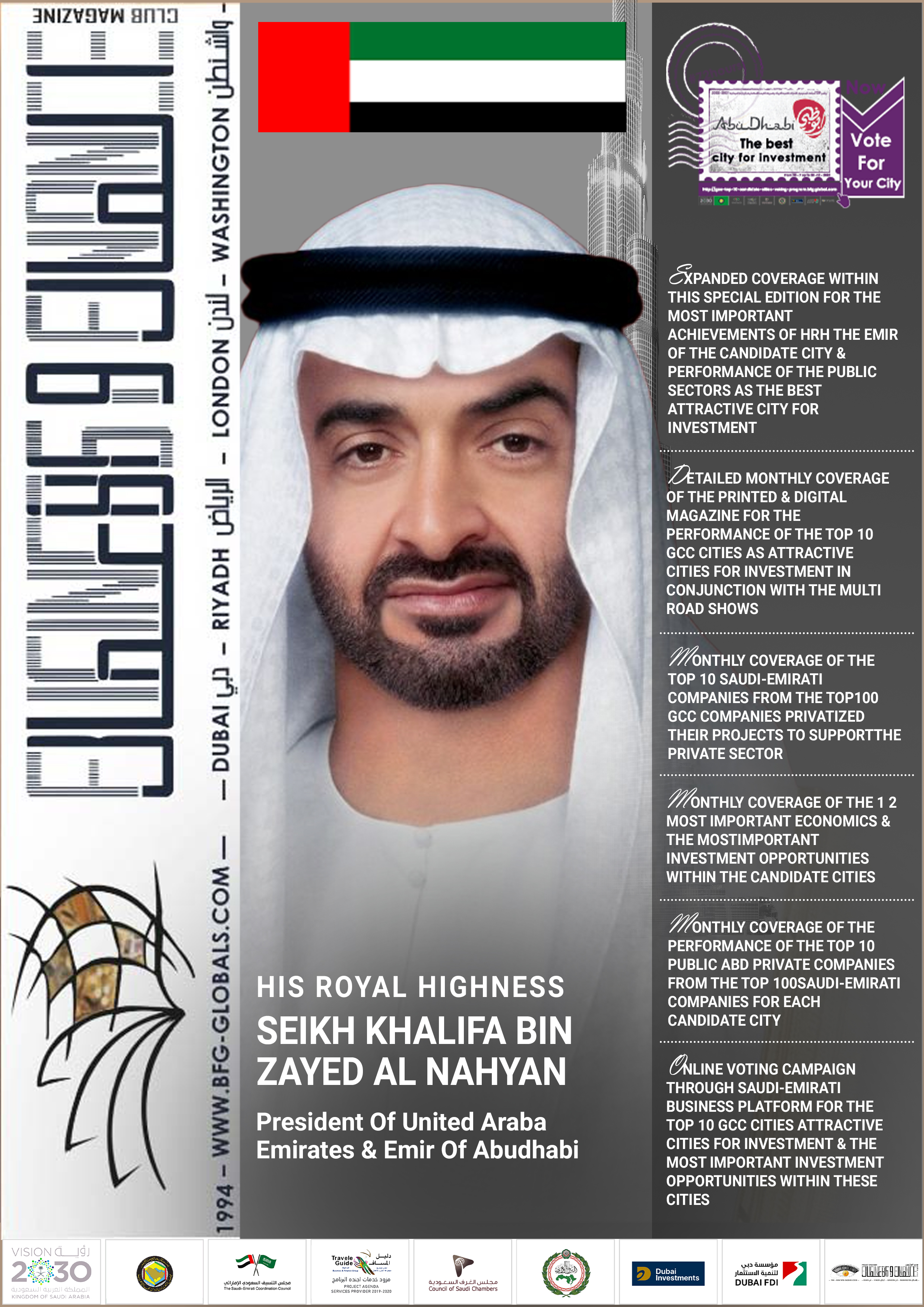
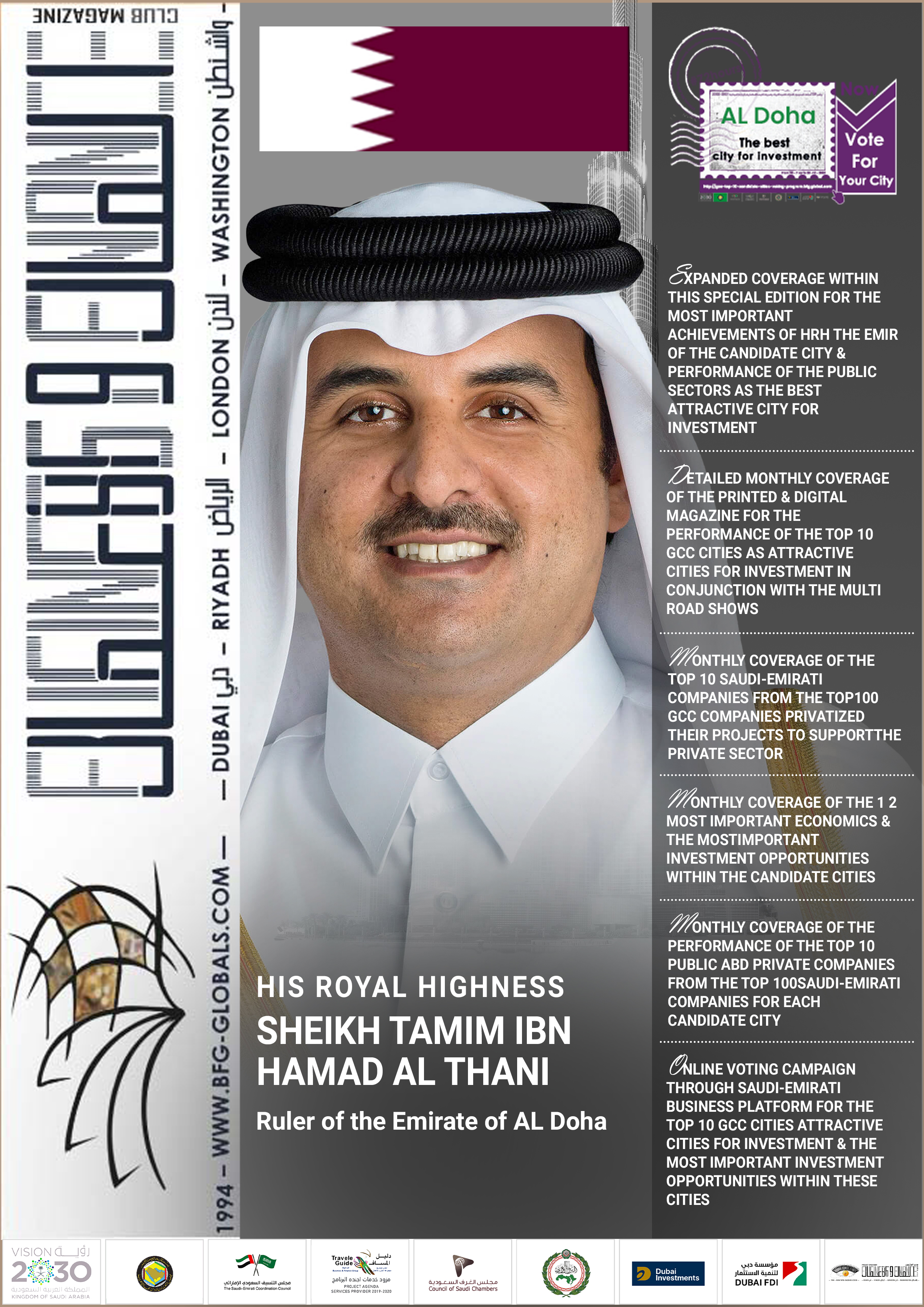
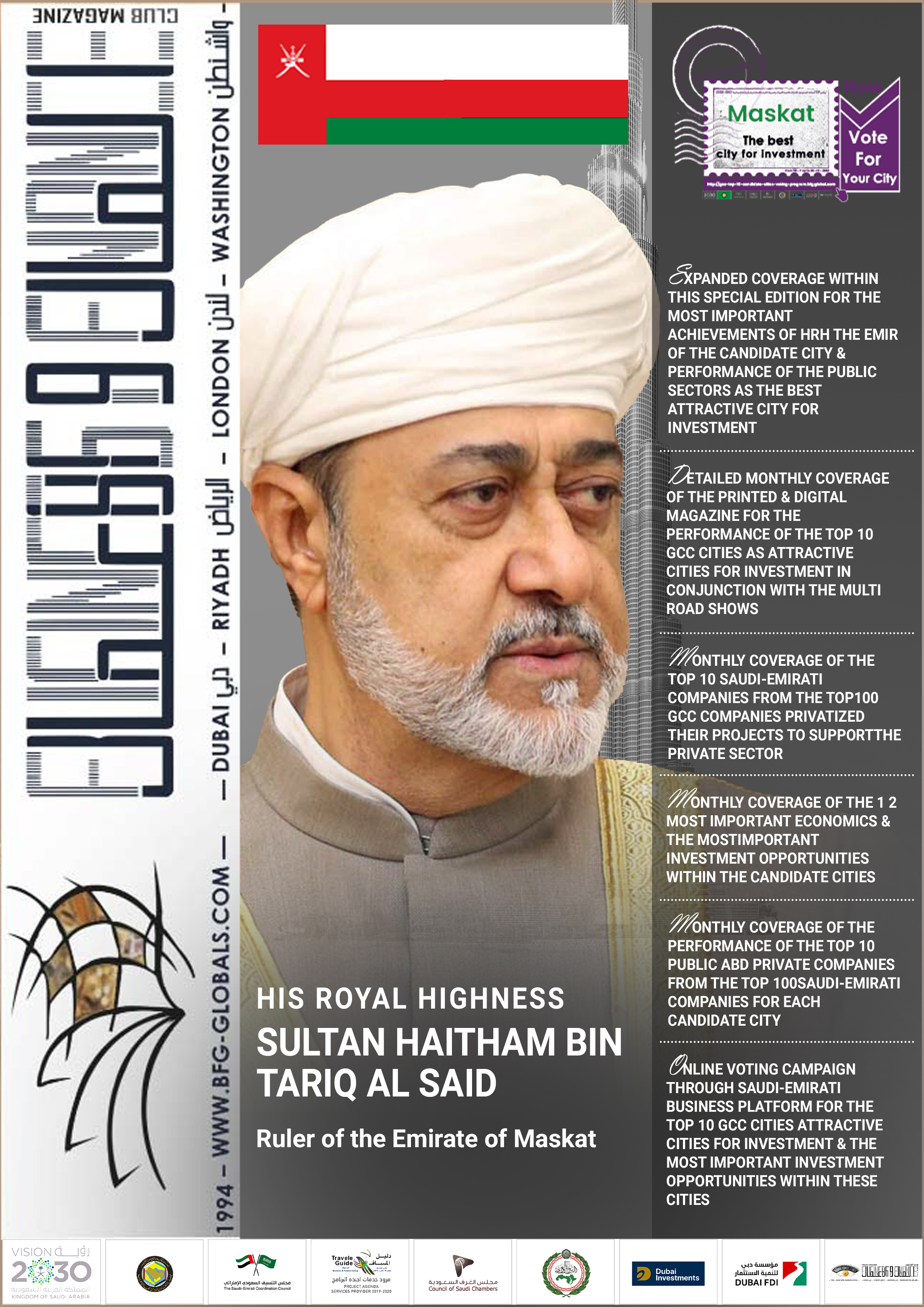
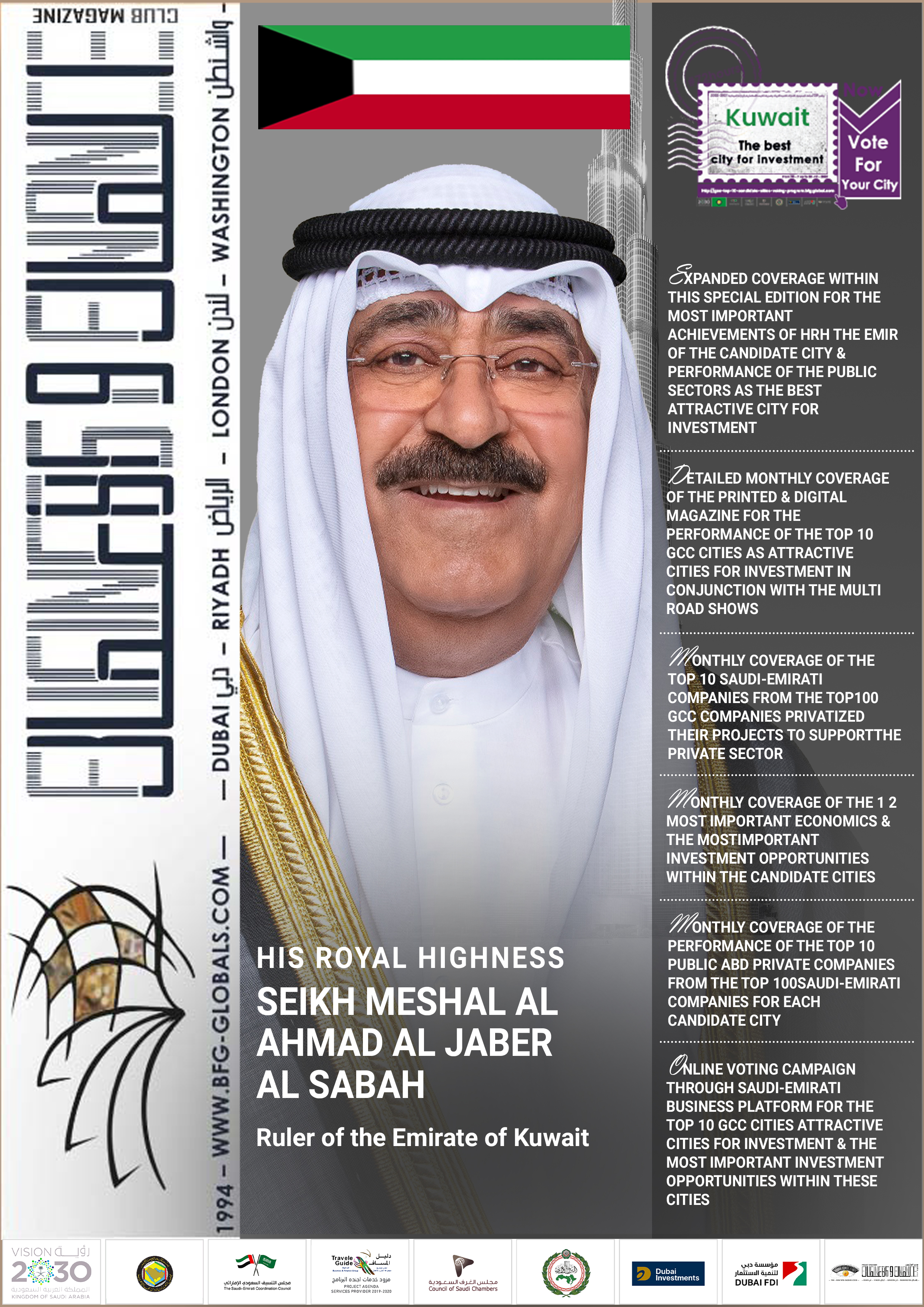
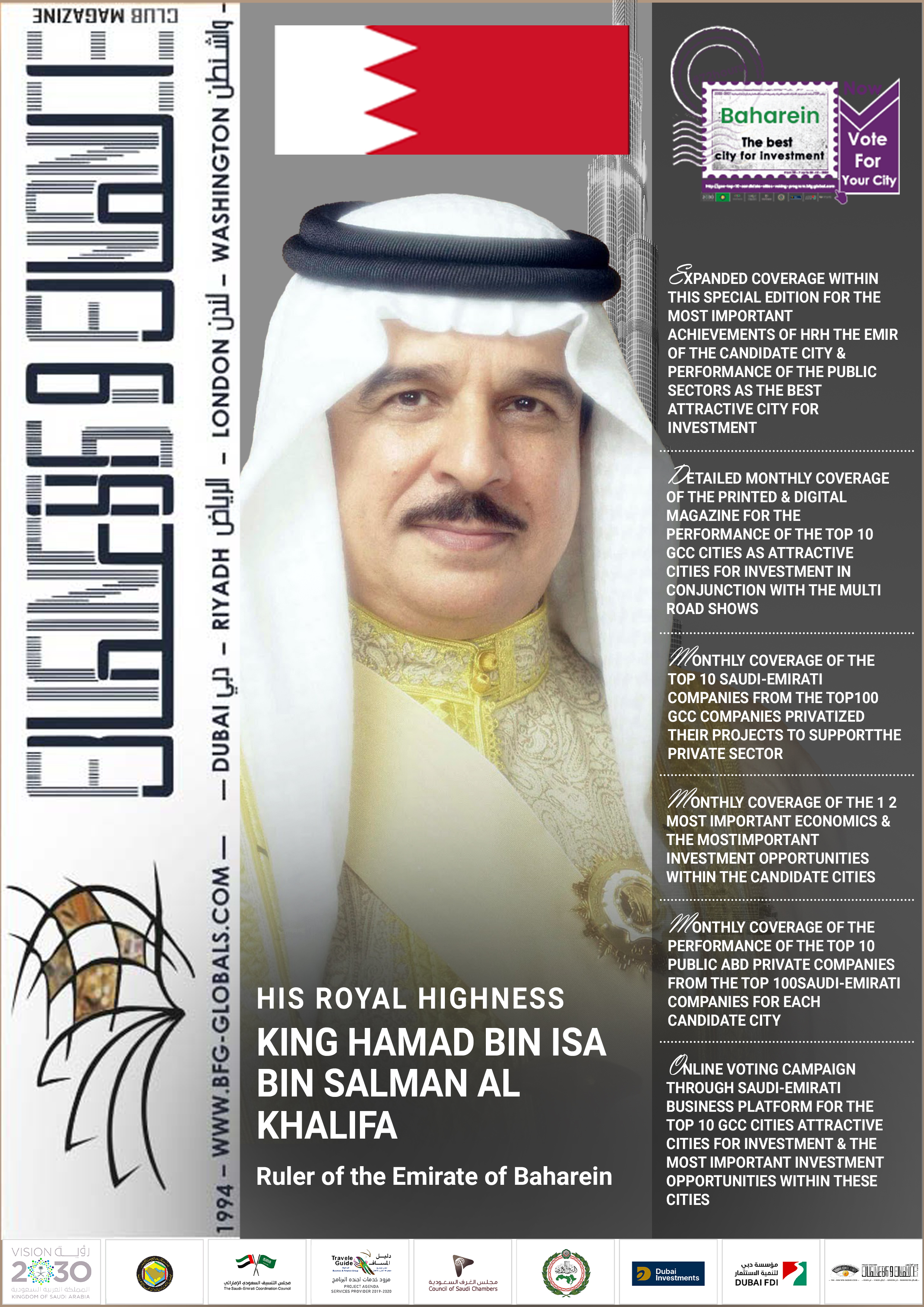
















CONNECT WITH US: